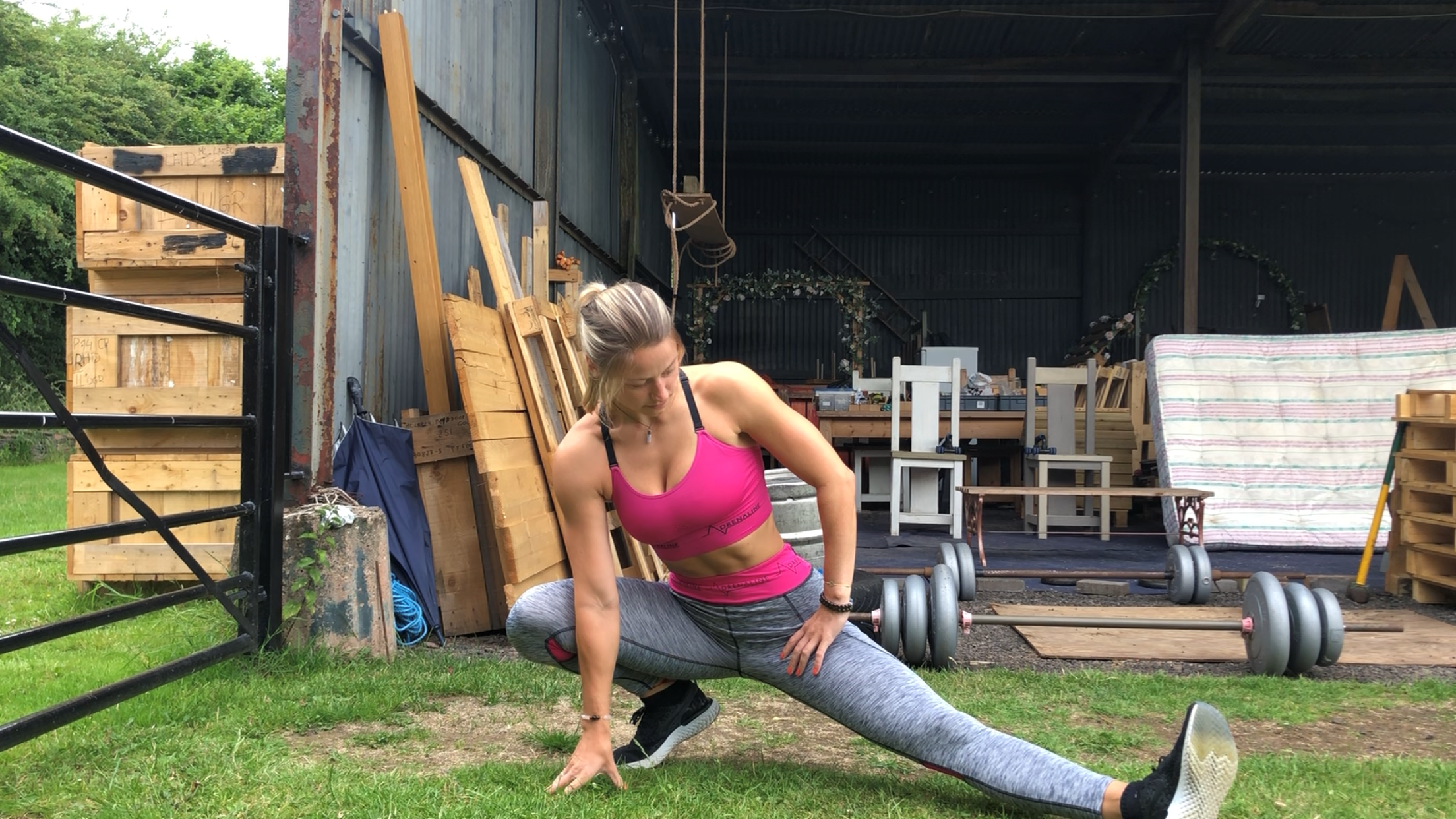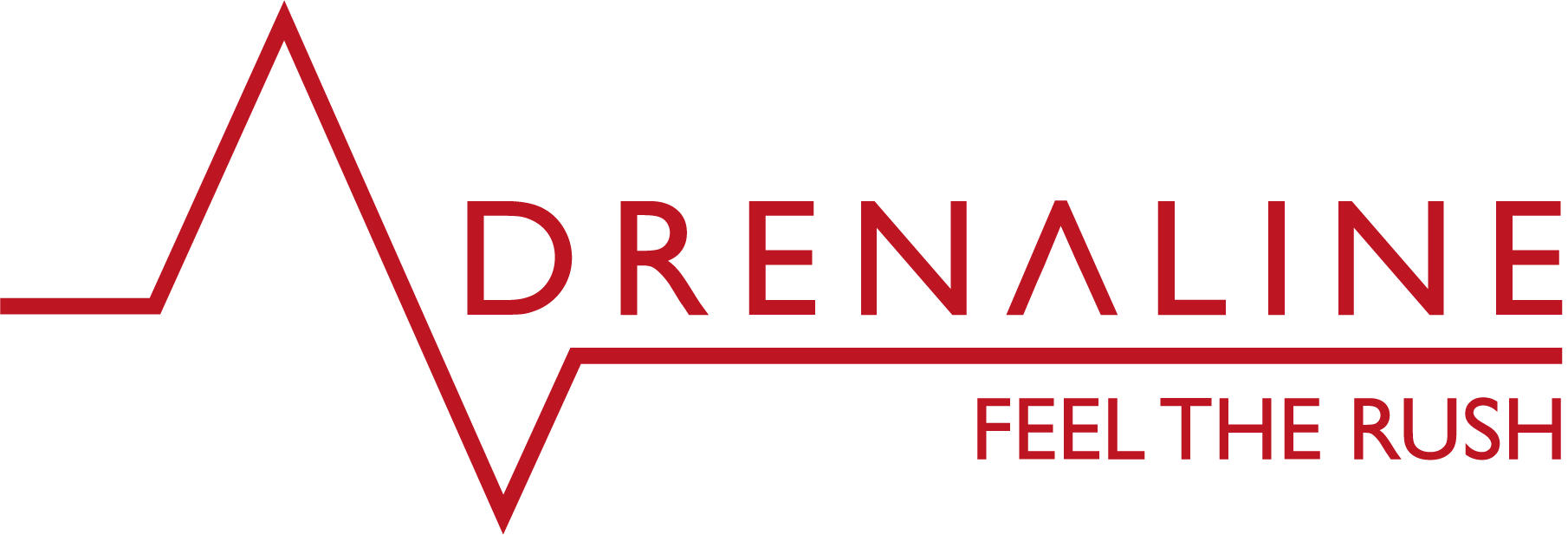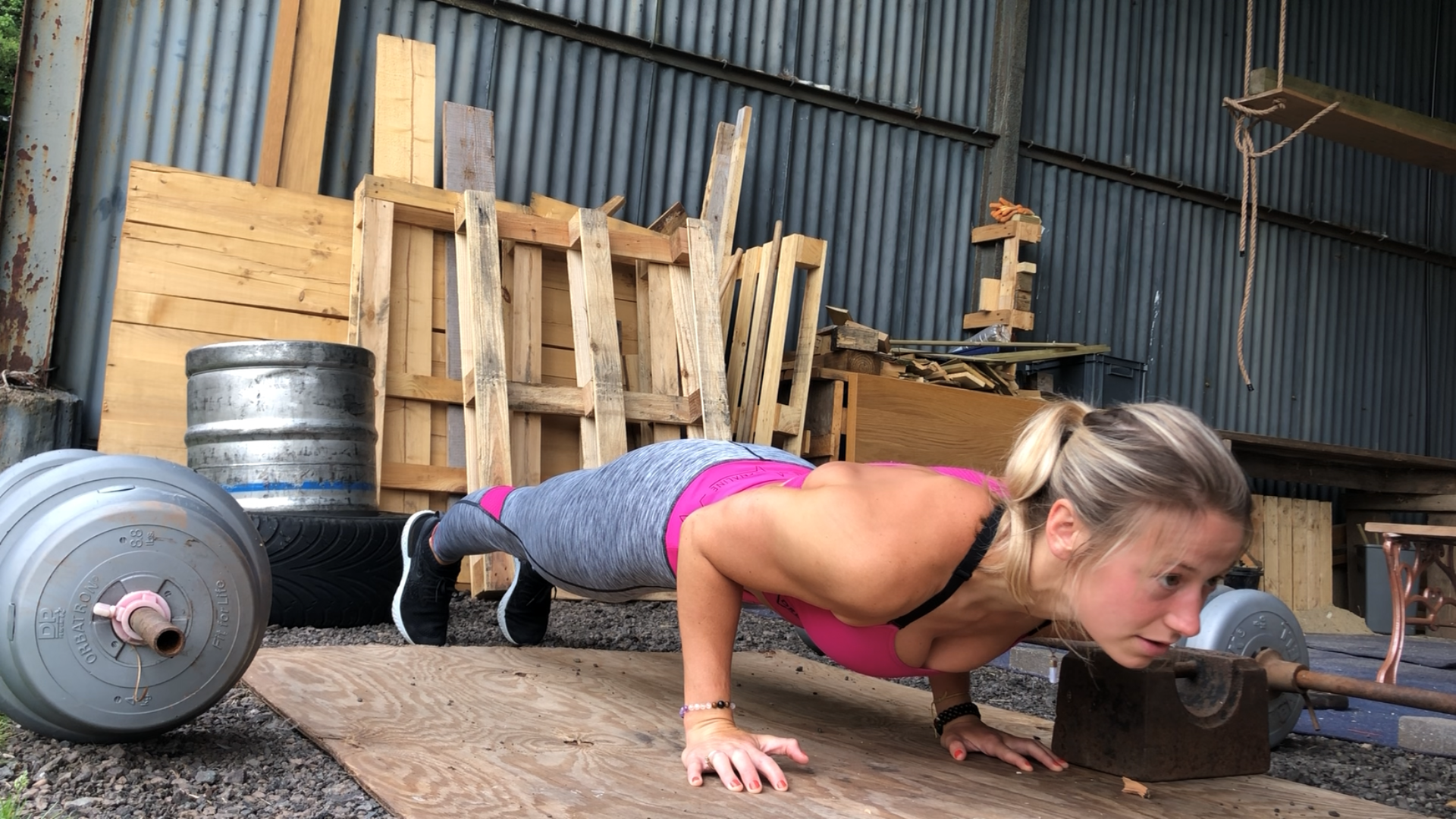Come back stronger: The role of the mind on physical training
As the UK gears up for the return to at least some semblance of normality, the toll recent months have taken on our minds and bodies should not be overlooked.

Although many of us are eager to get back out there, it may take a slow and steady approach to deal with the readjustment over the coming months.
You would think that, as athletes used to pushing ourselves to the limit, we would be able to face up to any challenge. But that assumption is a danger in itself – we’re all human, we all get tired and we’re all allowed to accept defeat sometimes.
It’s what we do next that really matters or, as Rocky Balboa put it, “It’s not about how hard you hit. It’s about how hard you can get hit and keep moving forward.”
And move forward we will but not without first understanding the role our mind will play in our comeback.
The role of physical training on the mind
Physical training, in any and every form, has the potential to improve your mental wellbeing. We can assure you that this isn’t just something people say to encourage you to work out, as there is a sizeable and growing bank of scientific evidence that it does.
It’s likely that you have experienced these effects yourself when doing any sort of physical activity. And, during lockdown with the closure of gyms, sporting facilities and daily exercise restrictions, you may have even felt opposite and adverse impacts.
The precise physiological and neurological mechanics are still the subjects of research and debate but many of the basic principles have long been agreed in the scientific community:
-
-
Physical activity increases the release of endorphins, which are natural mood-lifters
-
Exercise increases serotonin release, which regulates mood, sleep quality and appetite all helping combat depression
-
The immune system is strengthened through regular exercise, which helps both physical and mental health
-
Physical activity improves focus, which can help in completing other tasks and boosting your sense of accomplishment and self-esteem
-
Exercising can relieve stress and help you feel more at peace
-
The role of the mind on physical training
Now that we know how working out impacts both our mental and physical health, understanding the role our minds play in our training is also important, especially as we prepare for a return to our normal patterns of activity.
As with any muscle, it takes regular training to keep the brain strong and functioning to the best of its ability and, as almost every sport requires a level of mental toughness, some may find the return more challenging than they anticipated.
One of the beauties of sport is the feeling of freedom it brings and, for many of us, it’s the reason we carry on - the very reason we keep going faster, climbing higher and lifting heavier. We like to be in control and that’s what gives us the adrenaline rush but life in lockdown stripped all of that away. We were no longer free or in control.
And, although home workouts and daily walks were enough to keep us moving, the impact of the restrictions, the genuine health threat and the effects of physical isolation on our mental wellbeing have been significant according to an April 2020 report in the journal medRxiv.
Therefore, a return to training after all this will be just as much about our psychological states as it will be our physical abilities. Our minds will determine how well we can focus, commit and persevere to keep overcoming obstacles, beating personal records and pushing ourselves to new heights.
So, before flying out of the lockdown blocks, identifying and addressing any of your mental wellbeing needs should take priority. Talk to those around you about any concerns or intrusive thoughts or seek professional help and, once you’re ready to get back out there again, there are a few things you might consider in mounting an effective comeback.
How to come back stronger
1. Take it slow
Having taken a break, it’s likely that your levels of fitness, endurance, speed or strength are not quite what they were. Although this may cause frustration, building ourselves and our abilities back up slowly, will allow for a much more sustainable comeback. The opposite approach could cause injury, which will result in more time off and even greater, prolonged frustration.
2. Find new goals
For those of you who would usually be competing in events and shows, it’s likely they have been cancelled this year. So, with nothing to train and prepare for and no end goal in sight, you must find a new challenge to focus on. This will help to keep you motivated and determined.
For example, you could set up a private league with friends to compete against each other or challenge yourself to beat a personal best. Whatever it is, make sure it’s testing and keeps you inspired.
3. Get used to being a lone wolf
With social distancing rules still in place, you will find that you will be training alone a lot of the time. For some, this may not be an issue but for others this will be a challenge in itself. To overcome this barrier, you must get comfortable with first being alone and second motivating yourself.
Effective ways of doing this include listening to music, following a plan or setting small, regular goals. You can also try joining online communities dedicated to your respective sport to connect with training partners remotely.
4. Rest
With all this time off, it may be tempting to make up for it with intense training but, for long-term success, this is not the best way to proceed as it could result in a fast burn-out that will only lead to more time off.
Instead, schedule in rest days which will allow your mind and body to adjust and reset. Rest will also help your muscles, nerves, bones and tissues rebuild more effectively, which will ultimately lead to faster, more sustainable results. You’ll be back on pre-lockdown form in no time.
5. Stay COVID-safe
Despite measures being eased, the virus is still a threat. Follow guidelines carefully and take all the necessary precautions to stay safe as not doing so could result in further restrictions. Knowing that you’re staying safe will also bring you greater peace of mind and reduce any stress or anxiety, allowing you to achieve greater focus and performance.
Share your comeback with us on Instagram, Twitter and Facebook!

